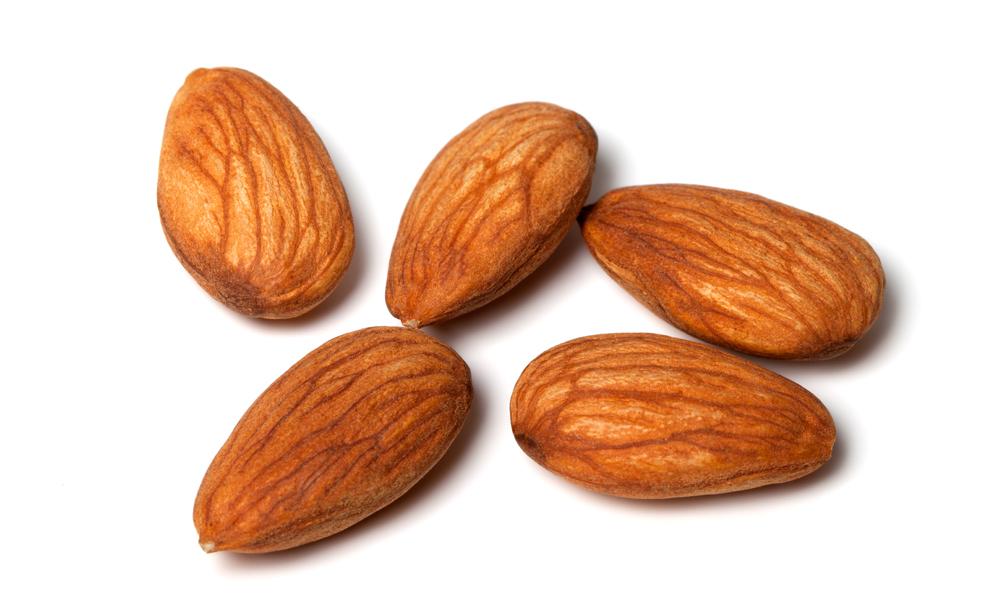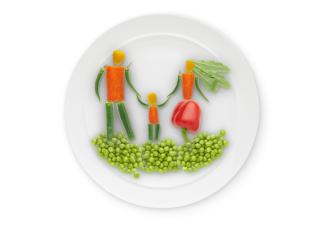
Choking hazard in children - learn how to avoid it
Obstructions of the respiratory tract in the respiratory system of children are not rare. It is an accident that may happen but can be overcome, if you are calm and, of course, informed. Children up to 3 years are at greater risk, since at this age they tend to put all sorts of things in their mouths.
What you should do to avoid it
Try to keep the area where your child spends most of the time clean and tidy every day; particularly while at the age when it still is not walking. There are several reports of choking in children that are not yet walking, but still crawling. Parents have not thought yet, that they must put away various things and foods from points of the house where the child can reach, even if it does not walk.
At the same time you have to give your child only items appropriate for its age. Just like toys that indicate by what age they can be used and explicitly state that the use by younger children is prohibited, the same you should do with food. Choose the right and appropriate food and always keep your child seated while eating and try to constantly remind it to take small bites. Finally, remember that you must always watch your child during mealtimes, even if it is a small meal.
What foods to avoid
Avoid giving your child the following foods, or if you do offer them make sure you closely watch it for the entire time. Also, try to keep these foods in places where it cannot consume them at times that you are not watching. These include hard vegetables such as carrots, olives with pits, small whole tomatoes, nuts, hard candy, lollipops, jellies, popcorn, raw and unpeeled fruits like apple, pear etc. grapes and cherries with pits, hard cheese cubes and large pieces of bread crust.
Advice
The nutritional information and recommendations on infant-toddler diet are indicative and refer to general guidance for this age group. Time that every child can be introduced to solid foods or add more to it’s diet, must be individualized. We recommend to set advise from your pediatrician about the specific nutritional needs of your child.











